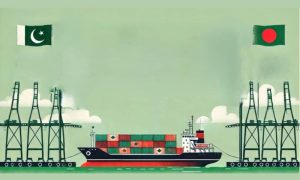The results of Indian elections show a beginning of BJP’s decline on the fulcrum of Indian democracy. The third time Indian prime minister Narendra Modi has been sworn in where BJP is going into parliament with a thin majority. The National Democratic Alliance led by the BJP will survive only if Modi’s allies want. Although BJP could not achieve its ideal scenario, Indian democracy will survive for the good of India and the world. The electoral process has resuscitated that only the electorates can defeat a populist or an extremist. India’s election has become an emblem for transitional democracies to believe in their people and allow them to choose their representatives with free will.
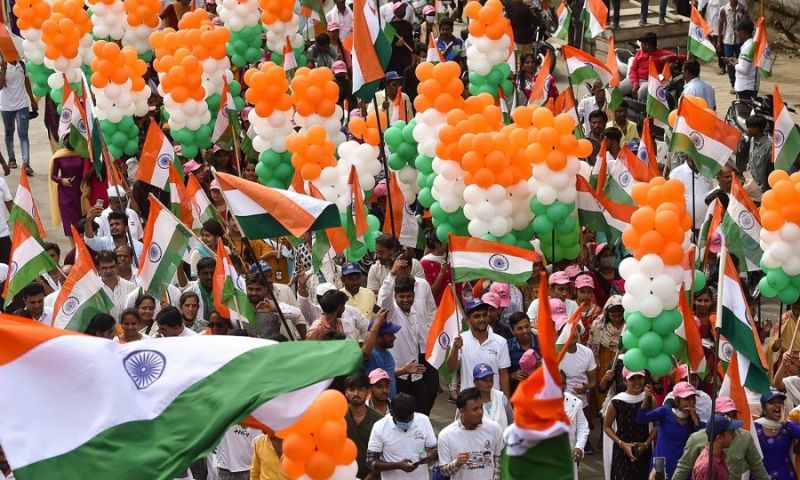
In 2024, the Indian political landscape witnessed a seismic shift as the BJP, faced a surprising setback in the general elections. The results, a departure from previous trends, underscored a pressing need for the BJP to recalibrate its political strategy towards inclusivity. Despite expectations fueled by extensive media and social media campaigns, the BJP-led National Democratic Alliance (NDA) fell short of projections.
The BJP’s charismatic leader and powerful figure in Indian politics, Prime Minister Narendra Modi, suffered a personal blow when the party’s performance fell short of expectations.
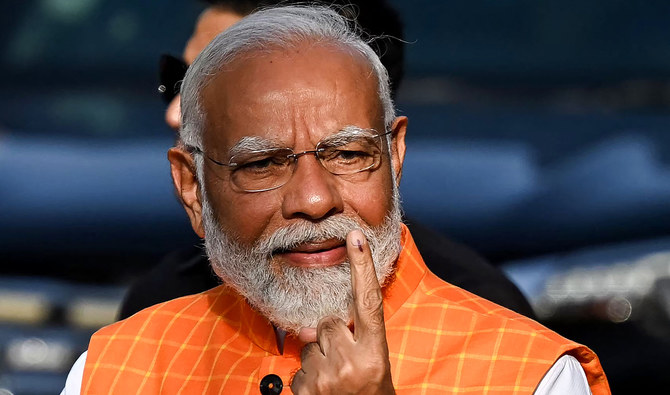
The BJP’s overconfidence and mishandling of its Sikh diaspora in Canada, coupled with the attempted murder on US soil by rogue RAW’s elements, have significantly tarnished the party’s reputation. Modi’s non-aligned policy with Western democratic principles failed to garner positive attention from Western democracies in general and Indian people in specific. The troika of BJP, business tycoons and Indian mainstream media had created an ecosystem of perception where the entire world was convinced that BJP would win a landslide majority paving the way for a prime minister Modi to change the social fabric of Indian polity constitutionally.
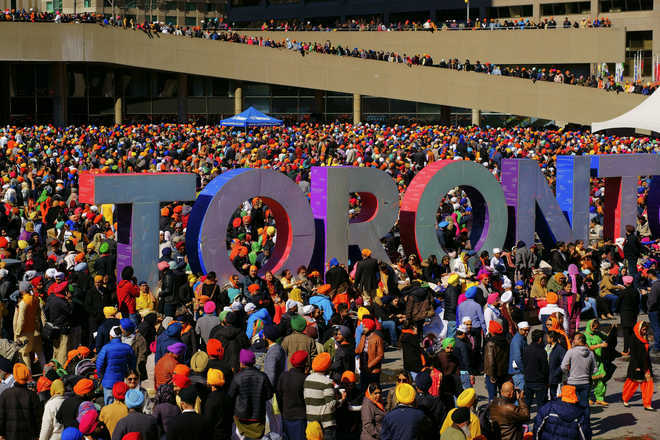
During the election campaign, Prime Minister Modi’s rhetoric against Pakistan failed to resonate with the electorate, as people rejected the narrative of fear-mongering and the portrayal of Modi as the sole savior from external threats. His reliance on divisive rhetoric and Hindutva policies, characterized by anti-Muslim sentiments and appeals to nationalism, appeared to have backfired. Voters gave top priority to urgent issues including unemployment, inflation, and social inequality rather than uniting behind divisive strategies. This change in focus indicated a rejection of Modi’s polarizing tactics and a call for more significant answers to the problems facing the country.
The Congress Party-led opposition alliance’s surprising comeback challenged the narrative of its collapse by defying earlier predictions. The BJP’s decline in seats, particularly in key states like Uttar Pradesh, signaled a shifting political landscape. The 2024 elections revealed a stark transformation within the Bharatiya Janata Party (BJP), once regarded as a party of the poor but now dominated by the wealthy elite.
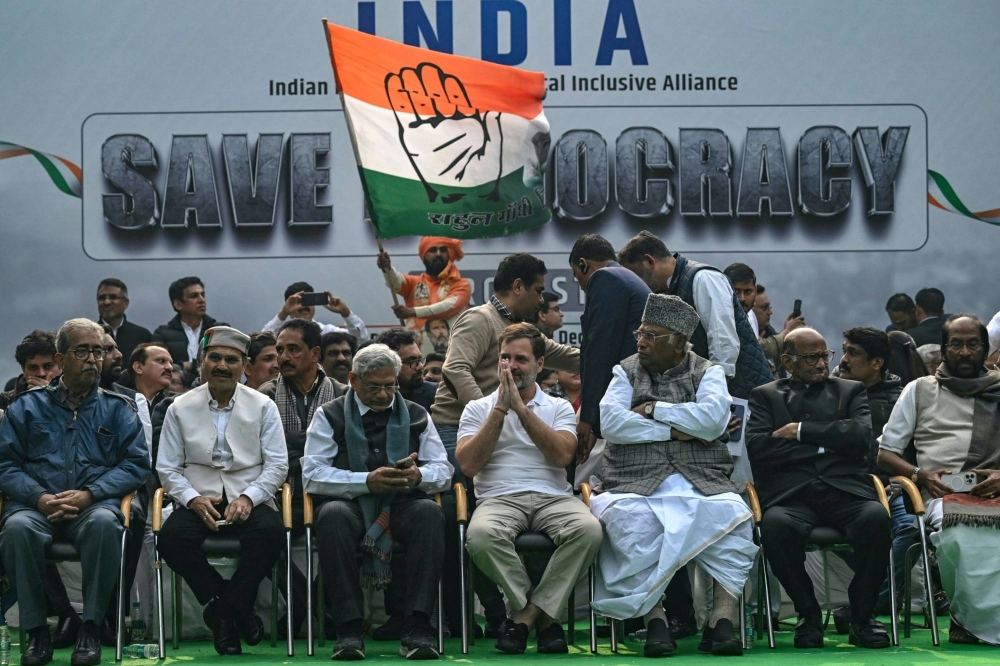
Based on statistics from the Association for Democratic Reforms (ADR), a startling pattern was observed: 504 out of 543 winning candidates were found to be crorepati politicians.
The outcome of the election put a hole in the once-impenetrable “Brand Modi.” Modi’s image of invincibility was damaged despite his effective branding and media management, providing opportunities for the opposition. The result suggested a return to coalition politics, evoking memories of the several coalition governments that India has had in the past. In the event that the BJP formed a government, it would need to work with allies more closely, as their support may become brittle if ignored.

The results will have long lasting implications for the region. BJP had a dominating rather imperialistic attitude towards its neighbors. The pseudo pride in Hindu Rashtra had reinforced the topbrass of BJP to override the regional balance without realizing the sensitivities of India’s neighbors. From Nepal to Pakistan, India was not only losing friends but also the BJP’s aggression was bound to send the region into the brink of war. The electoral outcome has redone this mindset.
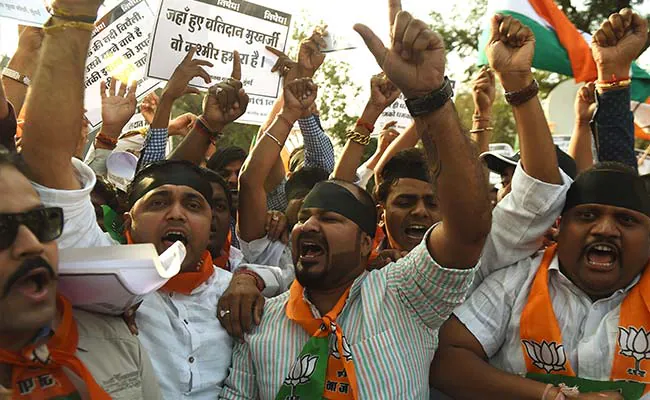
It is imperative that the BJP understands the need of maintaining cordial ties with its smaller neighbors, abstaining from meddling in their internal affairs, and guaranteeing equitable treatment for religious minorities in India. Any adventurism that entails the targeting of social activists and dissenters must be abandoned.
Arrogance, divisiveness, communalism, and hegemony are characteristics of politics that the BJP should avoid given the overwhelming majority of Indians and people of other SAARC countries are facing. If this isn’t done, the party will likewise lose its greater political share in state assembly more quickly.
















